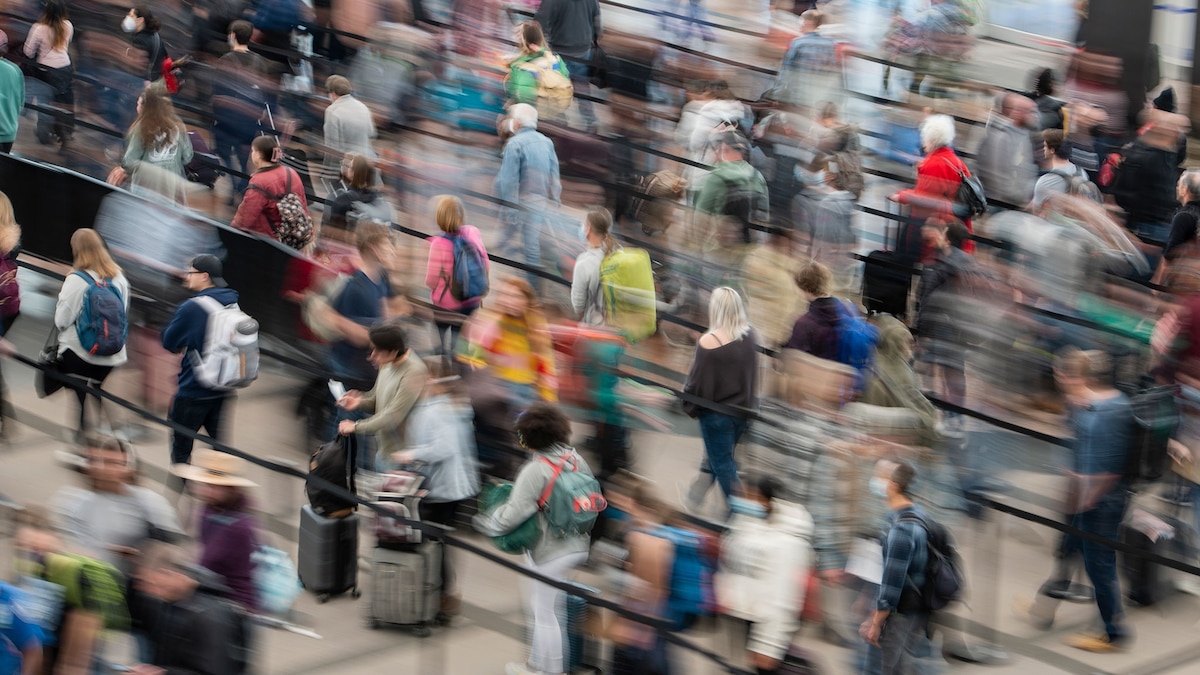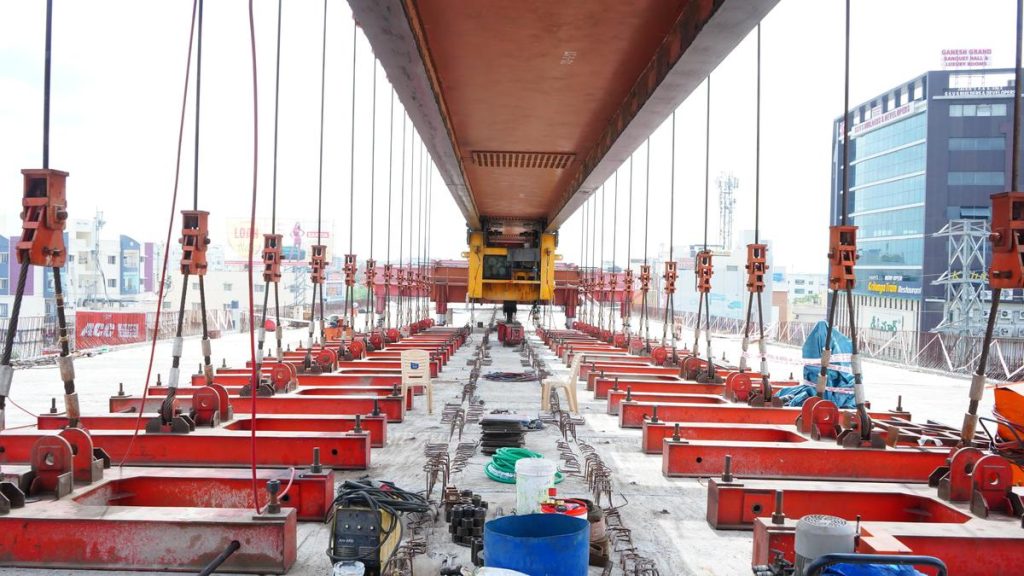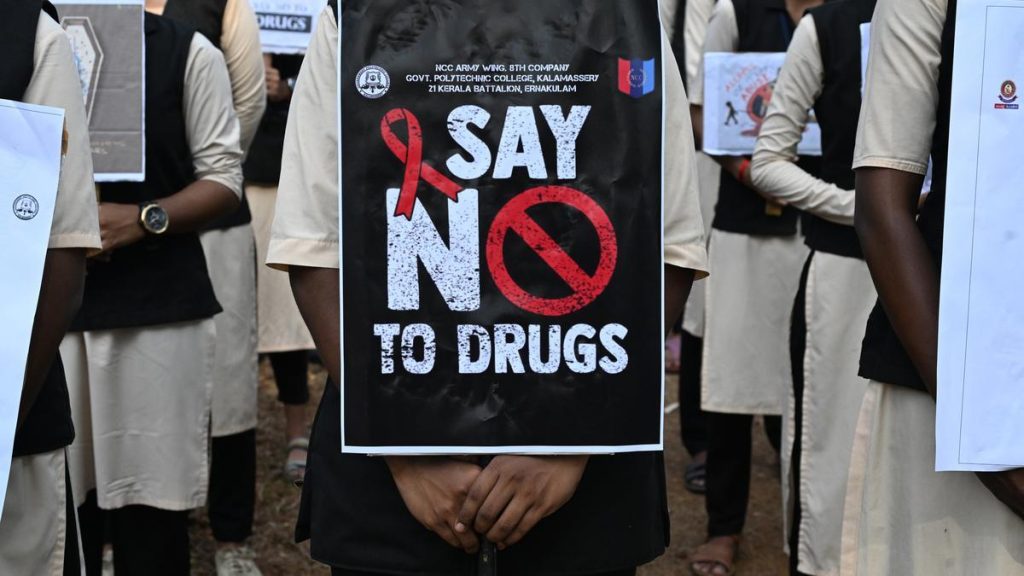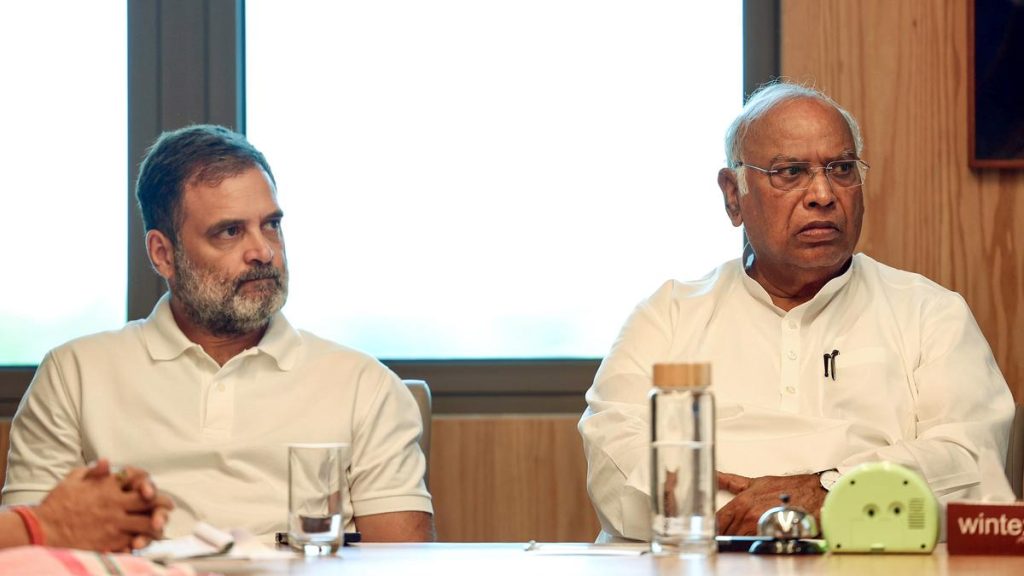Now Reading: Flight Delayed or Canceled in the U.S.? Here’s What You Can Do
-
01
Flight Delayed or Canceled in the U.S.? Here’s What You Can Do
Flight Delayed or Canceled in the U.S.? Here’s What You Can Do

Quick Summary:
- Flight delays and cancellations are common due to reasons like whether, mechanical issues, or air traffic problems. Travelers have compensation options.
- A new policy effective from 2024 allows for “automatic refunds” after three hours (domestic flights) or six hours (international flights) of delays-regardless of ticket type or cause.
- Travelers must decide whether to wait on their original flight, rebook with the same airline, or with a partner airline.
- Airlines can provide meal vouchers for controllable delays; some offer travel vouchers and frequent flyer miles. In cases involving international airports (e.g., EU), cash compensation might be possible.
- cancelation policies allow opting for monetary refunds; carriers may also cover lodging/transportation costs if stranded overnight due to controllable issues. Airline commitments are documented via the DOT’s dashboard.
- Rebooking strategies include using apps,customer service phone lines,gate agents,airport lounges (shorter lines),and travel-agent assistance when applicable.
- If disputes arise over compensation, travelers can appeal by contacting customer service post-trip or filing complaints with DOT’s aviation Consumer Protection Office.
Read More: National Geographic Article
Indian opinion Analysis:
The introduction of “automatic refund” rules in the U.S. aviation sector represents a critical shift in consumer protection policies that India could find instructive amidst its own growing air passenger market.India has faced similar challenges regarding flight delays and cancellations as demand outpaces infrastructure growth.
Adopting measures such as mandatory compensation practices akin to those outlined might improve clarity and fairness within India’s aviation sector while fostering trust among passengers navigating unexpected schedule disruptions. The provision of automatic refunds across domestic routes-a key feature here-could be notably relevant given India’s frequent use of low-cost carriers whose delay rates frequently enough spark dissatisfaction.
Additionally, India could consider expanding protections for passengers stranded overnight due to operational decisions by airlines rather than uncontrollable factors such as weather conditions. This would further codify rights within its burgeoning tourism economy while aligning with international standards like those practiced in European Union countries referenced above.
Looking forward logically-considering fairness paired inclusively refinement systems aligned ensuring sustainability-India rolling similar modernized regulatory structures passengers clearer options compensatory recourse whenever mishaps occur fostering balanced airline-consumer dynamics..

























